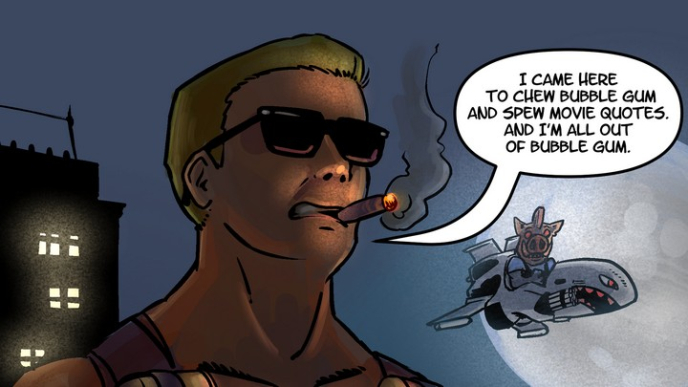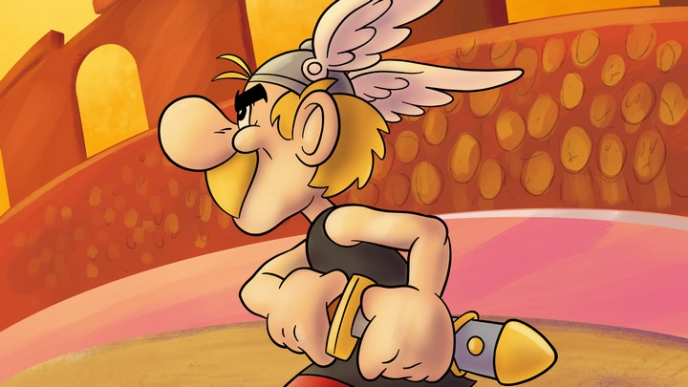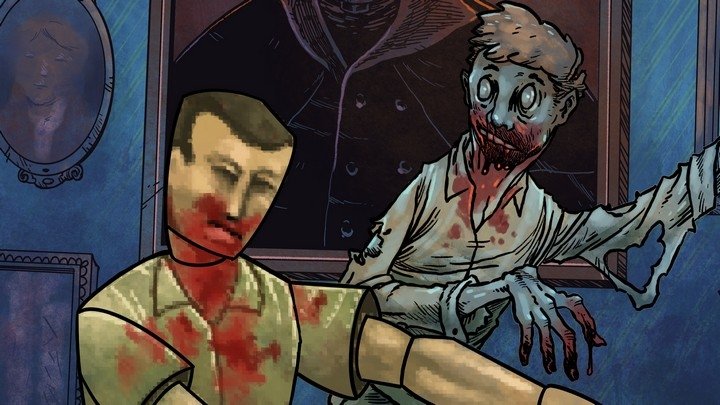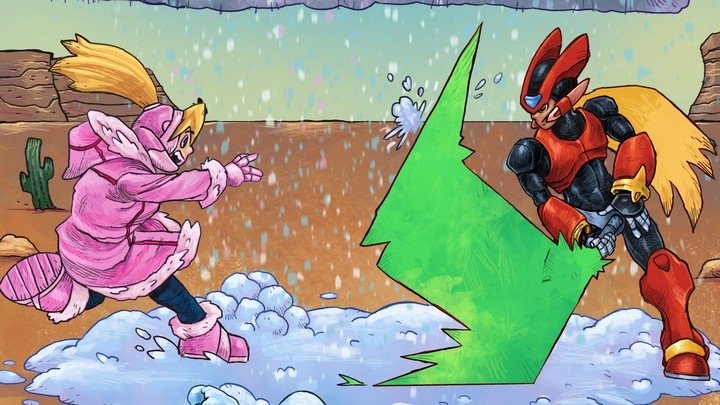All Together Then: Donkey Kong Country
Play it loud with this overview of the entire SNES series
Have you seen those Nintendo leaks, then? Are we supposed to talk about them, or should they be kept on the DL? Among their number was something called Super Donkey, which lent fascinating credence to the urban legend of Shigeru Miyamoto's animosity towards Rare's Donkey Kong Country, showcasing as it does a definite tech crossover between itself and Yoshi's Island. Of course, it's all speculation at this point, but it seemed like a good reason to have a little look back at the beloved SNES DKC series, and maybe proffer some of my spicy takes!
All Together Then!

Donkey Kong Country (SNES, 1994)
The original and (braces self) still the best in the series, Rare's Donkey Kong Country is a brilliantly-paced, beautifully designed game that focuses on the meat-and-potatoes obstacle course gameplay of the very best platformers, rather than succumbing to the effectively mandatory "collectathon" style gameplay of its sequels. The soundtrack is atmospheric and catchy, the graphics are beautifully moody and have a compelling, convincing verisimillitude that the rest of the series sadly lacks. Is it perfect? No, not quite; the animal buddy bonus rounds frustratingly dump you back at your last checkpoint, and the later level involving the lights switching on and off is nothing more than a pain in the arse, but none of that detracts from the sheer achievement of DKC. A classic for a very good reason. The later GBA port added in a host of extraneous activities (Dancing! Fishing! Photography!) as well as a rather brilliant ranked time trial mode.

Donkey Kong Country 2: Diddy's Kong Quest (SNES, 1995)
My views on this one may be somewhat controversial. but time has rather soured me on DKC2. It's still excellent, but what it's excellent at isn't really for me anymore. The level design is strong, but less focused on momentum than the first game - many stages feature gimmicks that require slow, careful gameplay or regimented movement (the disappearing ropes of Ghostly Grove, the sticky honey in Hornet Hole, etc), and the new focus on collectables makes the task of reaching the end of the level feel less important. In addition to two Bonus Barrels in each stage, there are also "Hero Coins" to find. They're all well hidden for sure - you could even call some of their placement downright witty - but clearing out those Bonus Barrels feels less like an optional bonus and more like a mandatory task, given that the final levels and true ending are locked behind the Bonus Coins you receive for clearing their mini-games. As a result, the experience feels altogether more exhausting and less like you're barreling (pun intended) through a wild and crazy world of excitement. Very good, but very different. DKC2 also hit GBA, on which it's a little more enjoyable thanks to the improved save system and additional extra modes.

Donkey Kong Country 3: Dixie Kong's Double Trouble (SNES, 1996)
Released in the twilight years of the SNES' lifespan, DKC3 is graphically stunning. Sadly, it falls into many of the same pitfalls as its predecessor, but without the level design chops to make up for it. Bonus Barrels return as per usual, but the Hero Coins have been replaced with a stupid "Koin" gimmick that requires you to throw barrels in a way that will strike an enemy in their unprotected back. It's novel, for sure, but it's also really dumb and easy, and never actually a fun thing to do. Still, there's plenty to praise; the world map is very impressive, with a pleasing sense of mystery to the proceedings. The music from Eveline Fischer is nicely understated, with a creeping sense of menace that sells the kids-in-peril premise brilliantly. Overall, though, it's a bit of a bridge too far, feeling a little bit dumbed down from DKC2. On GBA, DKC3 has a whole new soundtrack from series composer David Wise, and while it's typically good it's a little unfitting for some of the stages. There's also a new world added to the game - Pacifica - but this could be charitably described as "not very good".




